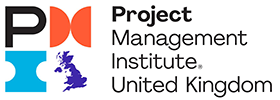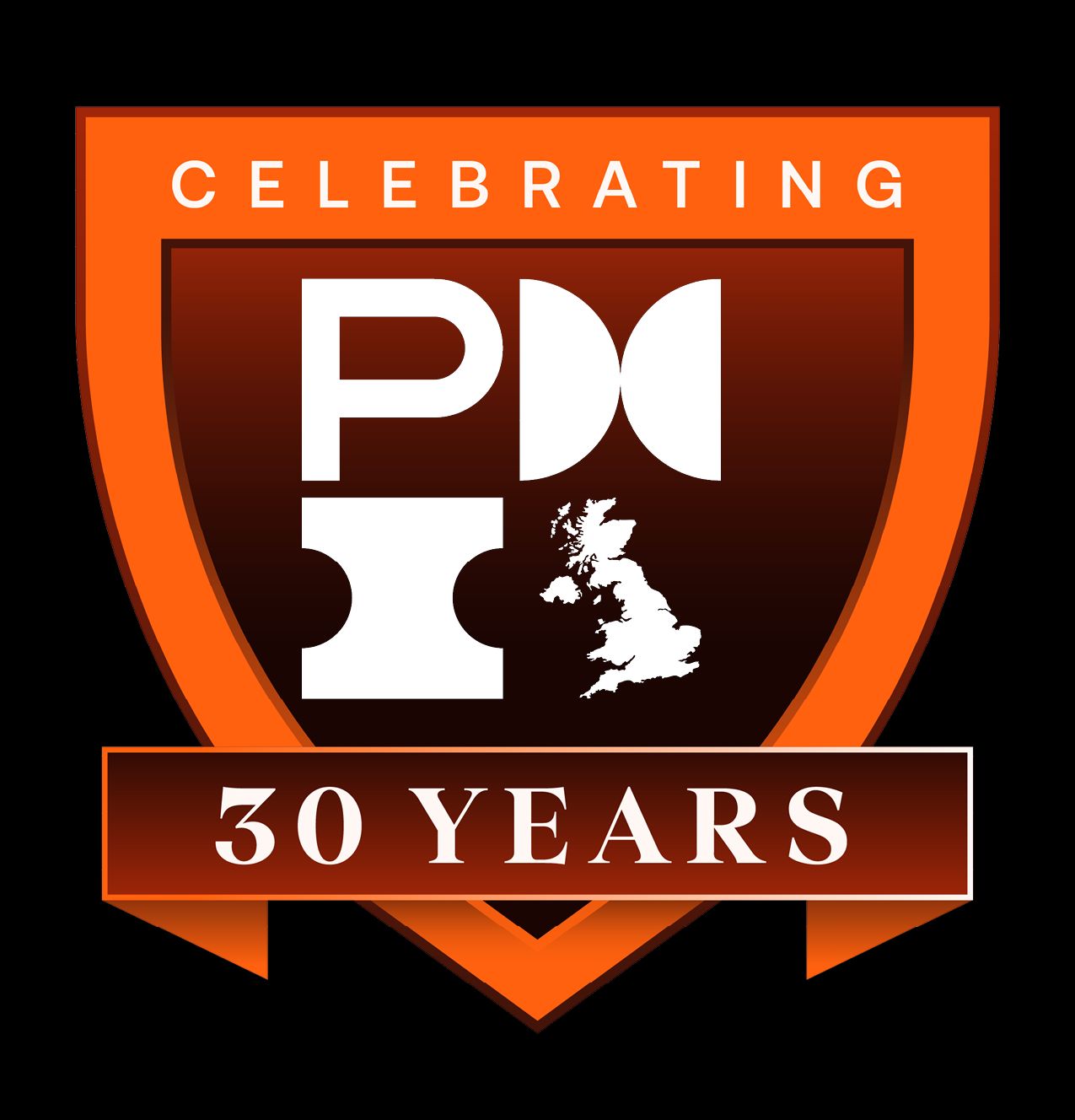Webinar Description
Summary
-
🌍 Agile for sustainability – Jutta Eckstein explained how agile practices can be expanded beyond software to address environmental and social impacts, turning sustainability into a quality attribute of development.
-
📖 Books and frameworks – She introduced her co-authored books, including Companywide Agility and Bossa Nova, emphasizing how they connect agility with sustainability and societal responsibility.
-
🌱 Digitalization impact – Digital technologies could help reduce carbon emissions by 15%, according to the World Economic Forum, through monitoring, supply chain transparency, energy optimization, and influencing consumer behavior.
-
⚖️ Triple bottom line – Sustainability is framed by three pillars:
-
Social (equity, diversity, accessibility, privacy, inclusion).
-
Environmental (carbon reduction, green software, responsible use of resources).
-
Economic/Prosperity (responsible products, sustainable economies).
-
-
🚨 Key threats – Eckstein warned of three major risks:
-
Rising ICT carbon emissions (4% of global, surpassing aviation).
-
Digital divide (access, usage, quality gaps leaving some offline).
-
E-waste (short hardware lifespans, forced upgrades, discarded electronics).
-
-
🔥 Complex challenges – Using the Cynefin model, she classified sustainability as a complex problem, best addressed by agile practices: experimentation, sensing, and responding.
-
📝 Practical actions – She advised teams to embed sustainability into requirements, e.g., adding “impact on environment/social/economic” into user stories. Even choices like web fonts can affect carbon footprints.
-
⚡ Energy awareness – Tools like Google’s Electricity Map and cloud region pickers can help optimize workloads to run when renewable energy is available.
-
♿ Accessibility as sustainability – She showed how persona spectrums prove that designing for accessibility (temporary, situational, or permanent challenges) benefits all users.
-
♻️ Reducing e-waste – Supporting older hardware via feature toggles can extend device lifespans, preventing forced obsolescence.
-
📊 Survey results – A sustainability survey revealed stronger performance in social aspects (3.8/5) but weaker in environmental practices (2.4–3.4/5). Transparency, privacy, and inclusivity are improving, but energy and eco-awareness lag.
-
✅ Final message – Sustainability must be embedded as a recurring quality goal, integrated into Definition of Done, acceptance criteria, and continuous dialogue. Awareness and measuring progress are the first steps toward real impact.
Insights Based on Numbers
-
15% potential reduction in carbon emissions from digitalization highlights the scale of opportunity.
-
ICT accounts for ~4% of global emissions, already higher than aviation, showing the urgency of tackling digital sustainability.
-
21% projected ICT energy consumption by 2030 warns of exponential growth without intervention.
-
9% AI-related electricity demand by 2050 underscores the risk of uncontrolled expansion of compute-heavy systems.
-
Survey scores: Social dimension ~3.8 vs. Environmental ~2.4–3.4, revealing where teams excel (privacy, inclusivity) and where they must improve (renewables, energy awareness)
About the Speaker

Jutta Eckstein works as an independent coach, consultant, and trainer. She has recently co-created an assessment for (agile) teams to gauge the environmental, social, and economic impact of their products and services.
Besides that, she has published her experience in various books, having pair-written the most recent one with John Buck on Company-wide Agility with Beyond Budgeting, Open Space & Sociocracy (dubbed BOSSA nova).
Jutta has served the board of the Agile Alliance (from 2003-2007) and has recently founded the “Agile Sustainability Initiative” which aims at increasing the awareness of the Agile community’s possibilities to make a difference.
She’s a member of the program committee of many different American, Asian, and European conferences, where she has presented her work. She holds an M.A. in Business Coaching & Change Management, a Dipl.Eng. (MSc.) in Product-Engineering, and is trained as a pollution control commissioner on ecological environmentalism.
Presentation
Webinar Recording
Claim your PDUs!

PDU Code 01371MEEKU
1.0 Business Acumen

